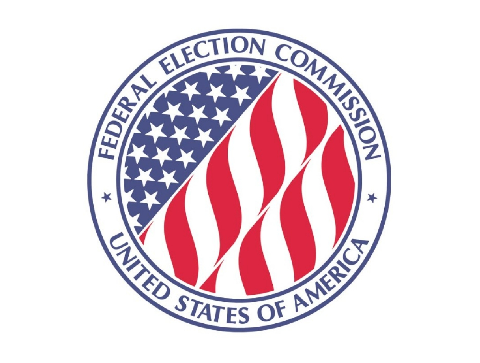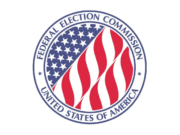We hear a lot these days about a “dysfunctional” Federal Election Commission, including from the Agency’s own Chair, Ann Ravel, who, after a promising start, has apparently decided it’s not worth the trouble to work constructively within the Agency she nominally heads, and Commissioner Ellen Weintraub, whose lengthy tenure has coincided with the alleged agency problems against which she rails.*
Of course, the claim of a dysfunctional FEC has been a stock trope of the so-called “reform” community for, literally, decades. The claim, as I’ve pointed out in the past, serves as a handy all-purpose excuse for the general failure of campaign finance regulation to achieve its stated objectives. If there is one thing that the “reformers” would hate more than the existing FEC, it would be a new agency headed by someone like Don McGahn (or, come to think of it, Lee Goodman, Caroline Hunter, or Matthew Petersen). Their complaint is not really the FEC, but the law, which, hemmed in by the First Amendment and driven by a real world in which speech costs money and political speech is a good thing, is too often not as they would like it.
Still, the credulous media, like Charlie Brown asking Lucy to tee up the football, loves the “dysfunctional” story and repeats it continuously – for over a quarter century, in fact (at least Charlie Brown recognizes he is being played for a fool). For example, recently Dana Milbank, conventional media wisdom arbiter of The Washington Post, claimed that the FEC is the best example of “all that is broken in Washington.”
Really?
- This past week it was revealed that the federal Office of Personnel Management had been hacked, compromising at least “30 years worth of sensitive security-clearance, background-check, and personal data from at least 10 million current, past, and prospective federal employees and veterans.”
- The National Security Agency has also been massively compromised by the leaks of Edward Snowden.
- Then, there was the disastrous rollout of the healthcare.gov website by HHS.
- And the IRS targeting scandal.
- The Bureau of Alcohol, Tobacco, and Firearms, in an operation ironically dubbed “Fast and Furious,” sent weapons to Mexico’s leading drug cartels for the purpose of tracking them to cartel leaders, but lost track of the weapons.
- In recent years, the Secret Service has been hit with a prostitution scandal, allowed two frauds into a State Dinner at the White House, and allowed one intruder deep into the White House before he was stopped.
- The Department of State failed to provide adequate security for the U.S. Consulate in Benghazi, leading to the black flag of Al Qaeda fluttering over the consulate while the U.S. Ambassador was dragged to death in the streets.
- A breach at the Postal Service gave hackers access to information on 800,000 workers and nearly three million customers.
- A computer breach at the National Oceanic and Atmospheric Administration last September temporarily blocked satellite data used for aviation, shipping, and disaster preparedness.
- A computer breach at U.S. Investigations Services “exposed highly personal information of workers at the Department of Homeland Security’s headquarters as well as its U.S. Immigration and Customs Enforcement and U.S. Customs and Border Protection units,” according to Reuters.
- Recovery.gov, established to provide openness and allowing tracking of federal economic “stimulus” spending, suffered from major quality control problems, according to a report of the Government Accountability Office.
Yet, because Commissioners Ravel and Weintraub have been unable to convince a majority of the Commissioners at the FEC that their interpretation of the law is correct, it is the FEC that is labeled “dysfunctional” and the “poster child” for “all that is broken in Washington.” That lack of perspective may represent even better than any of the examples above why many consider Washington generally to be “dysfunctional” or “broken.”
We tend to think that these repetitive examples of government incompetence, biased enforcement, and massive breaches of sensitive, personal information of government employees, contractors, and American citizens generally should give us all pause before handing more power to the government to regulate political speech and to require excessive disclosure of personal information about historically private political conversations and contacts. Government serves certain necessary and important purposes in the world, but it works best when constrained to its core responsibilities. Beyond that, there are also many things it simply cannot do well, and many things it shouldn’t do. Regulating core political speech is one of those things.
We look at what is happening in government today, with massive overreach causing significant and apparently regular breakdowns, and we’re supposed to conclude that the FEC is “dysfunctional” because Commissioners Weintraub and Ravel can’t whip up four votes for their rather creative interpretations of federal law? Dysfunctional? Cue Inigo Montoya.
*The Chair hasn’t specifically called her agency “dysfunctional.” Her exact words were, “worse than dysfunctional.”














